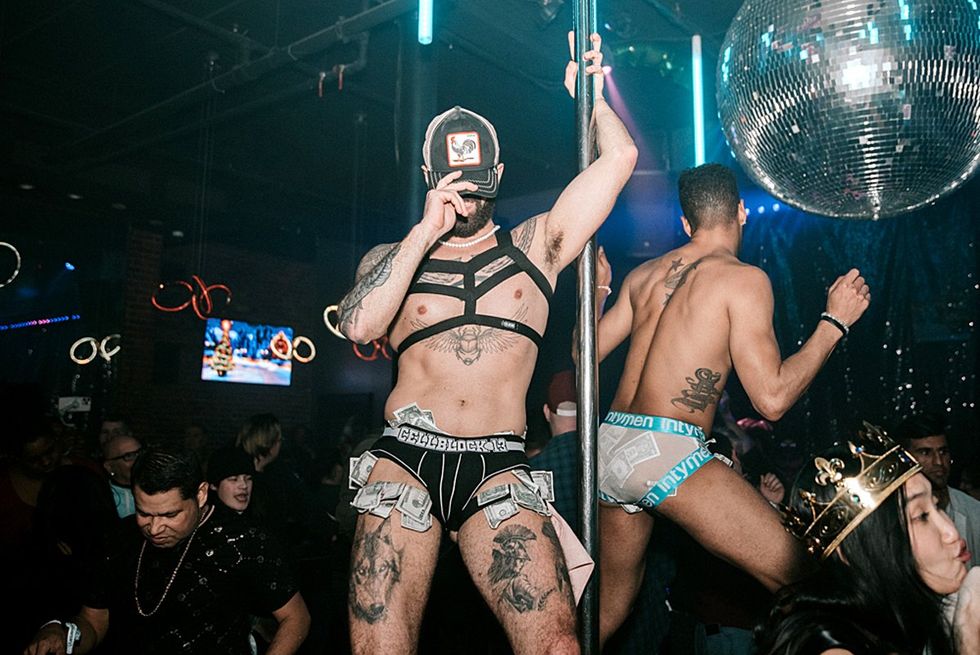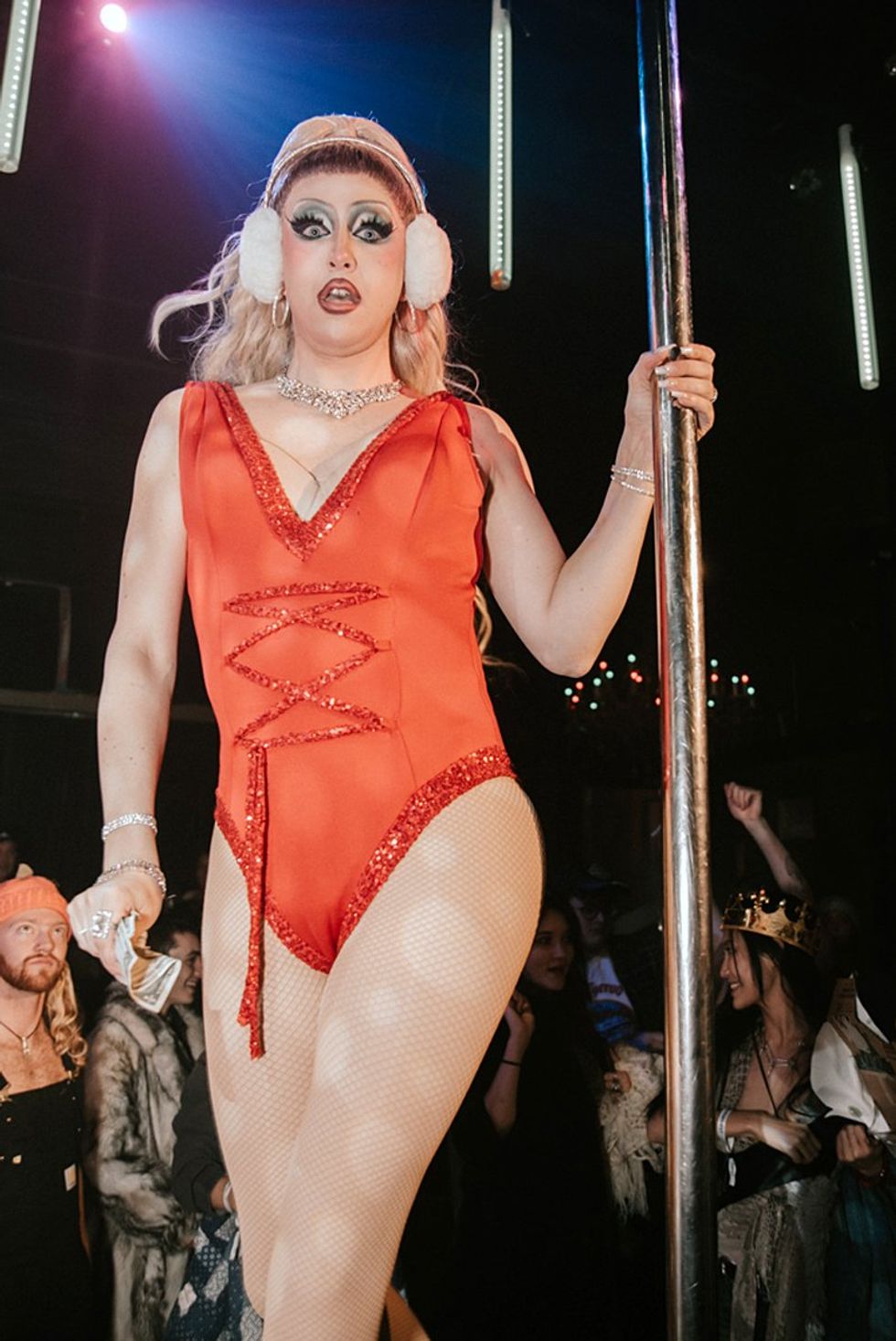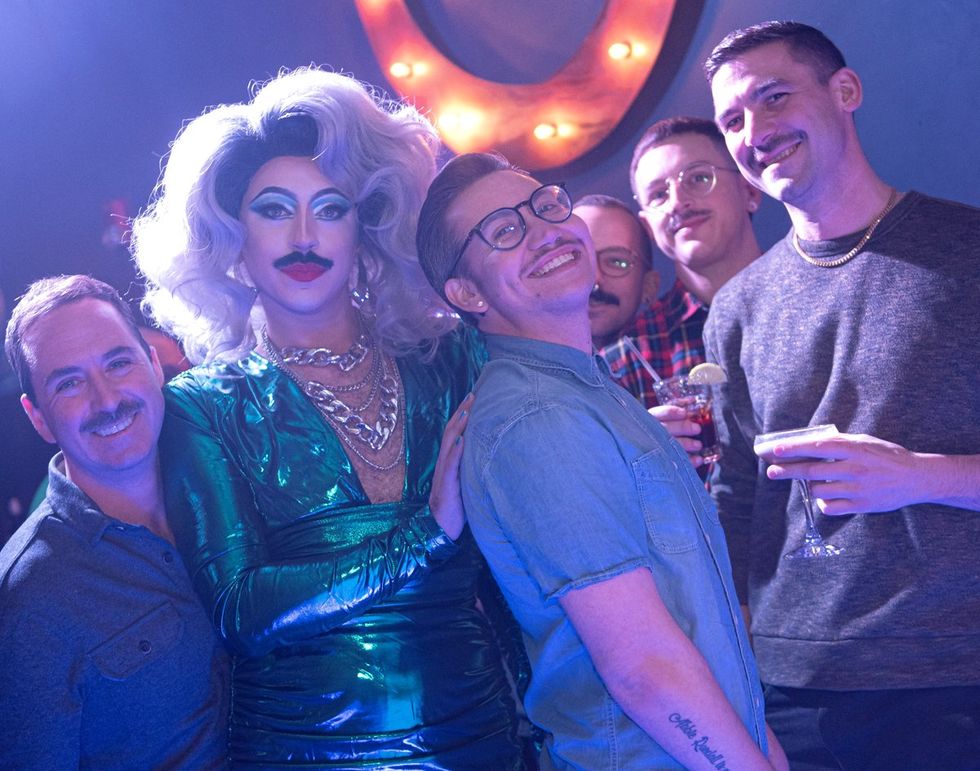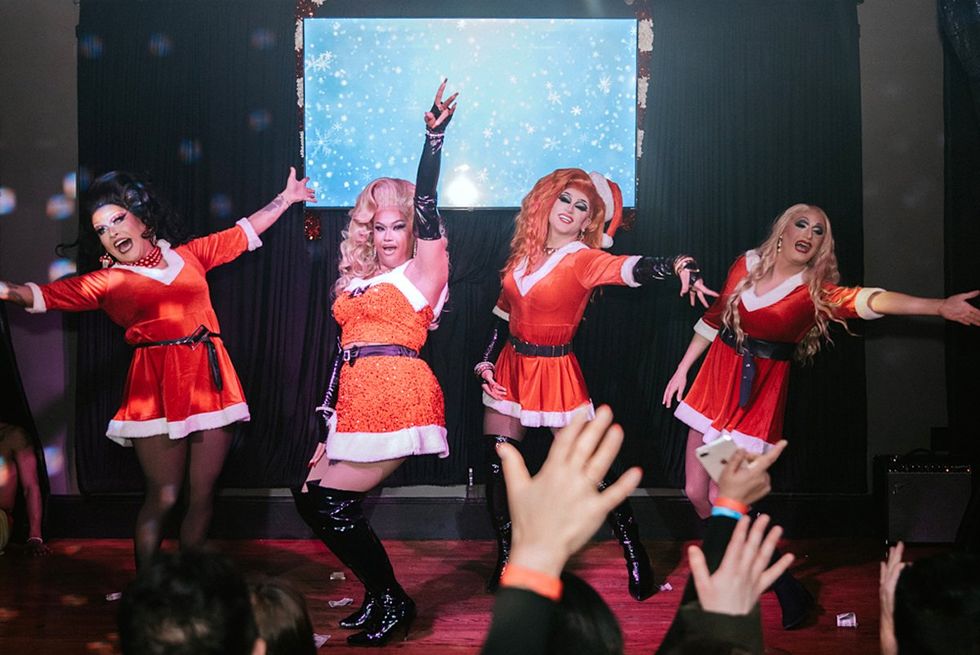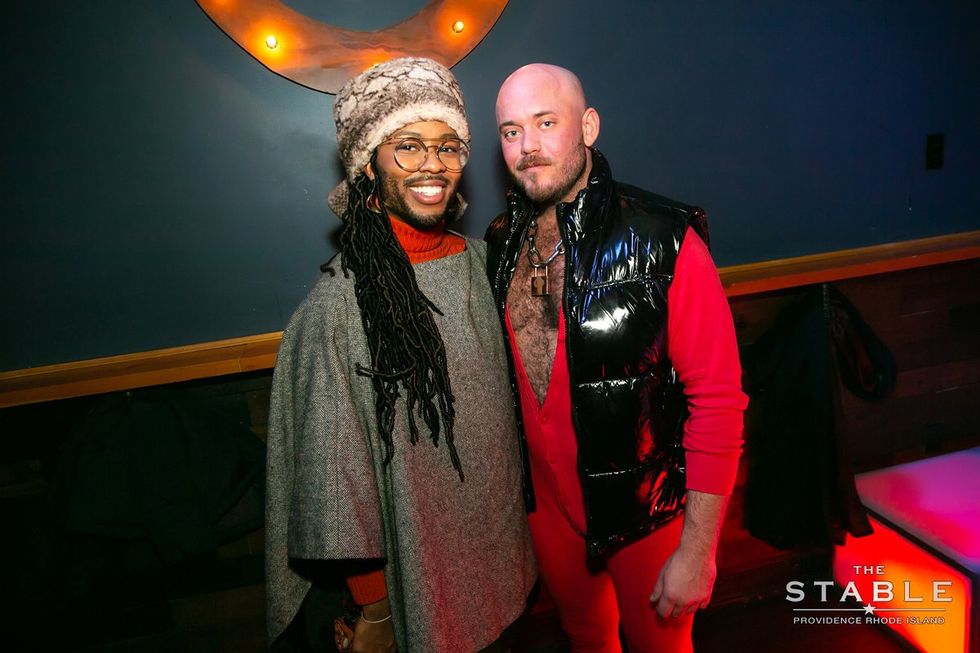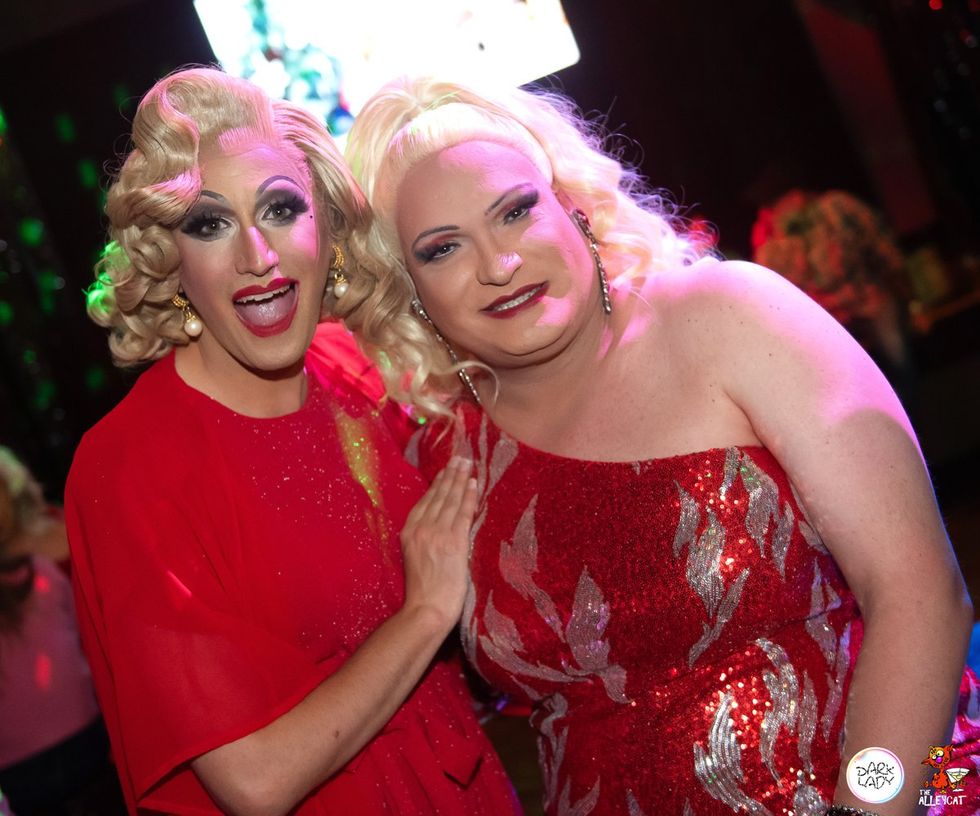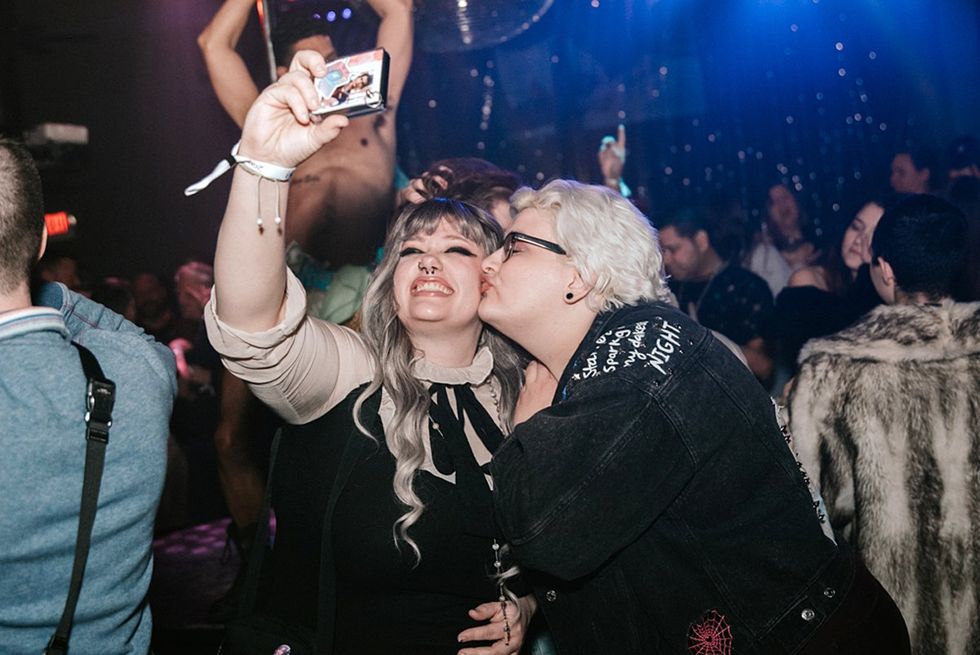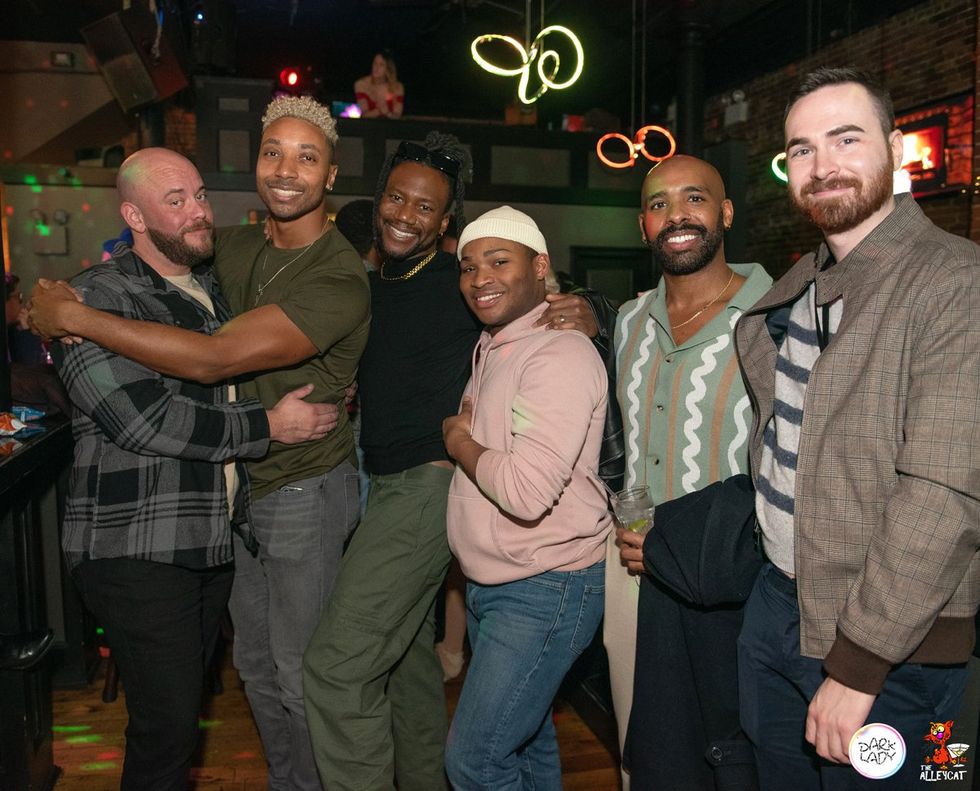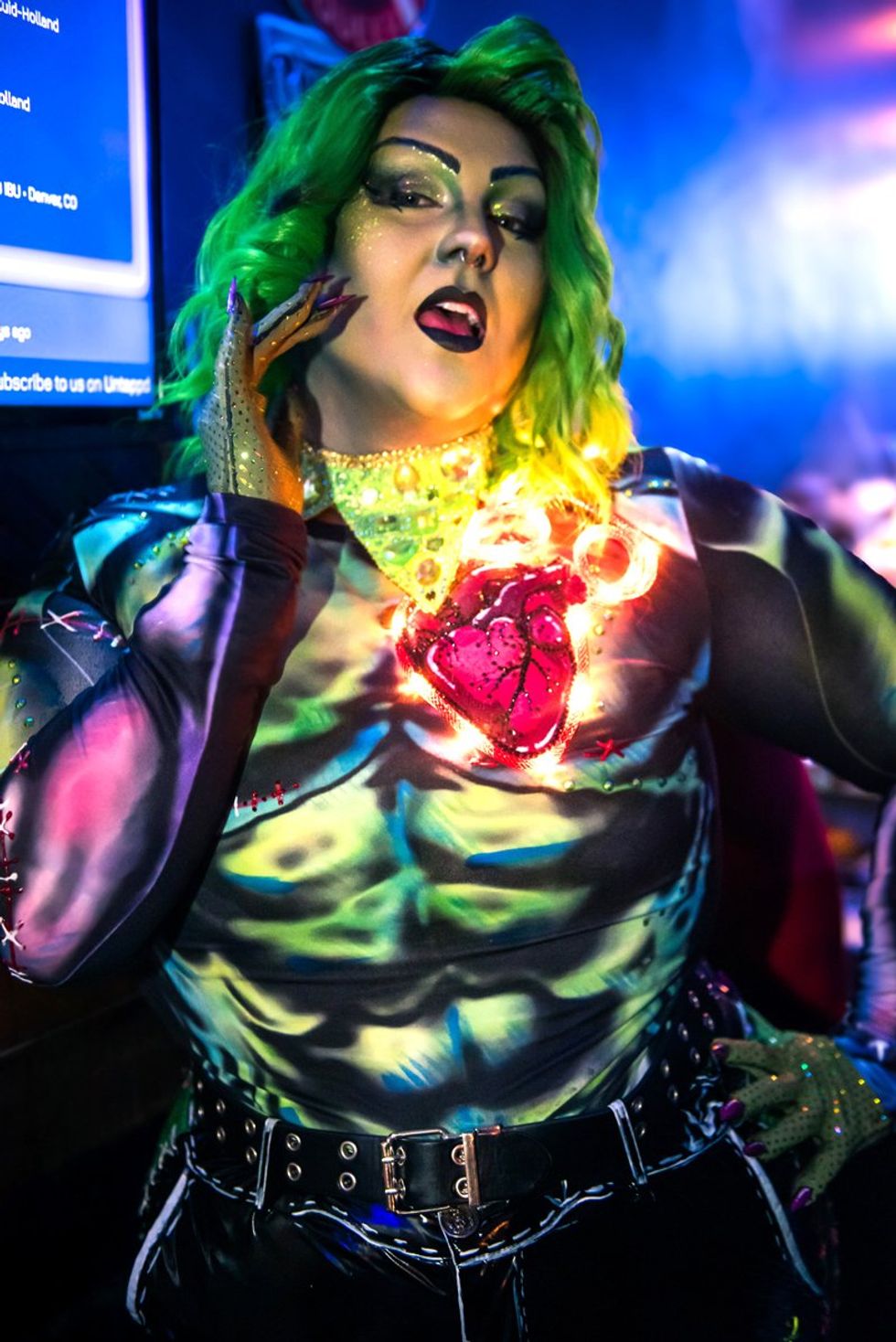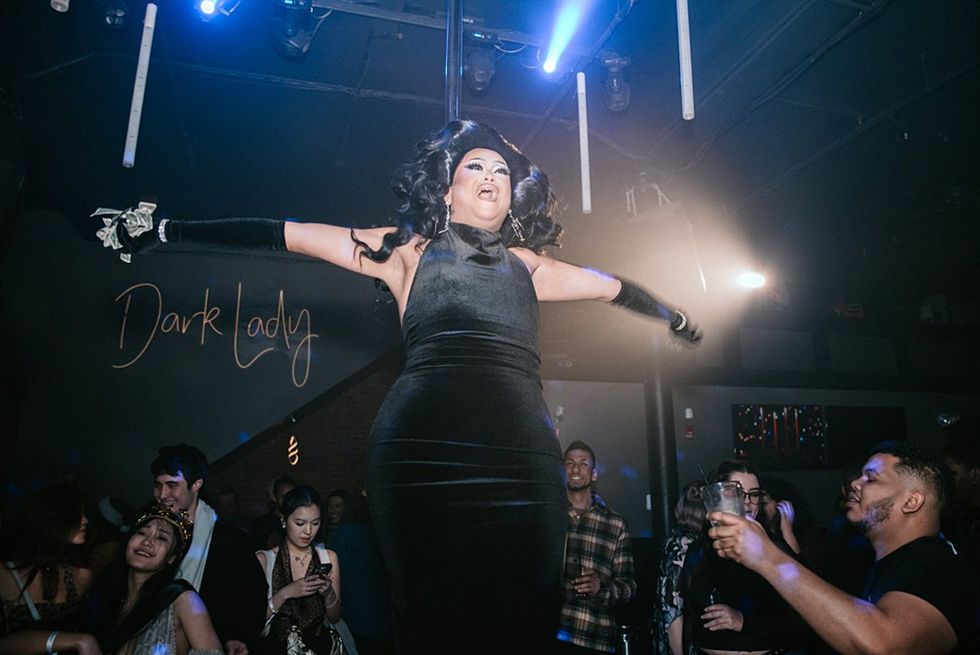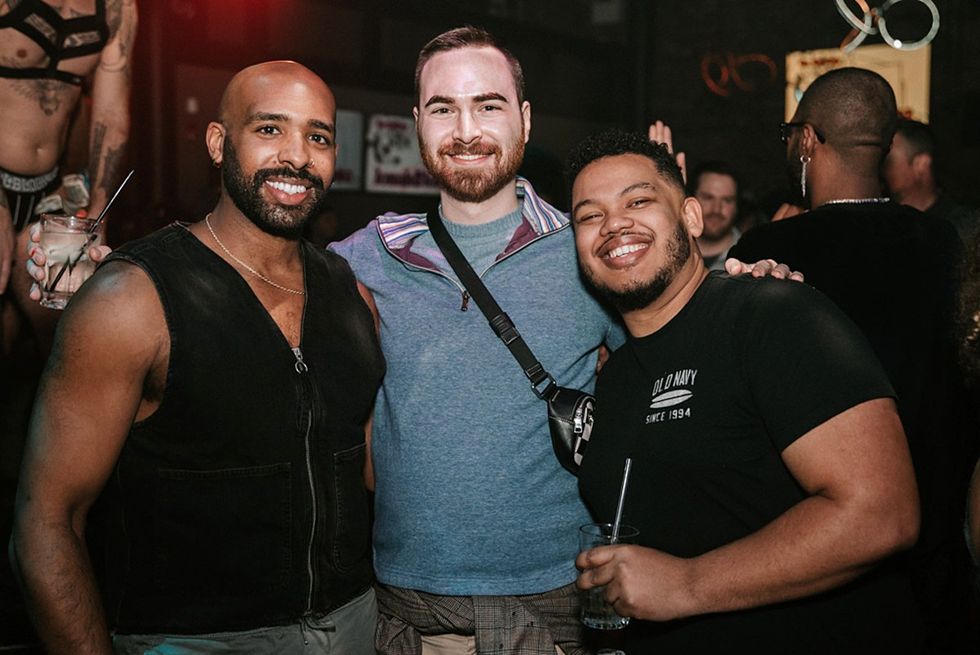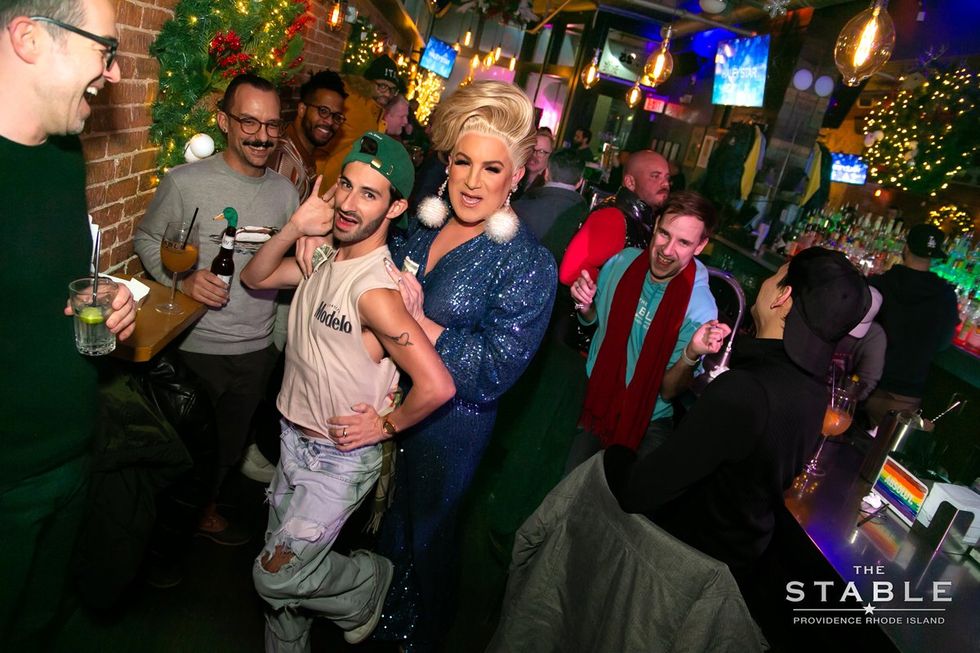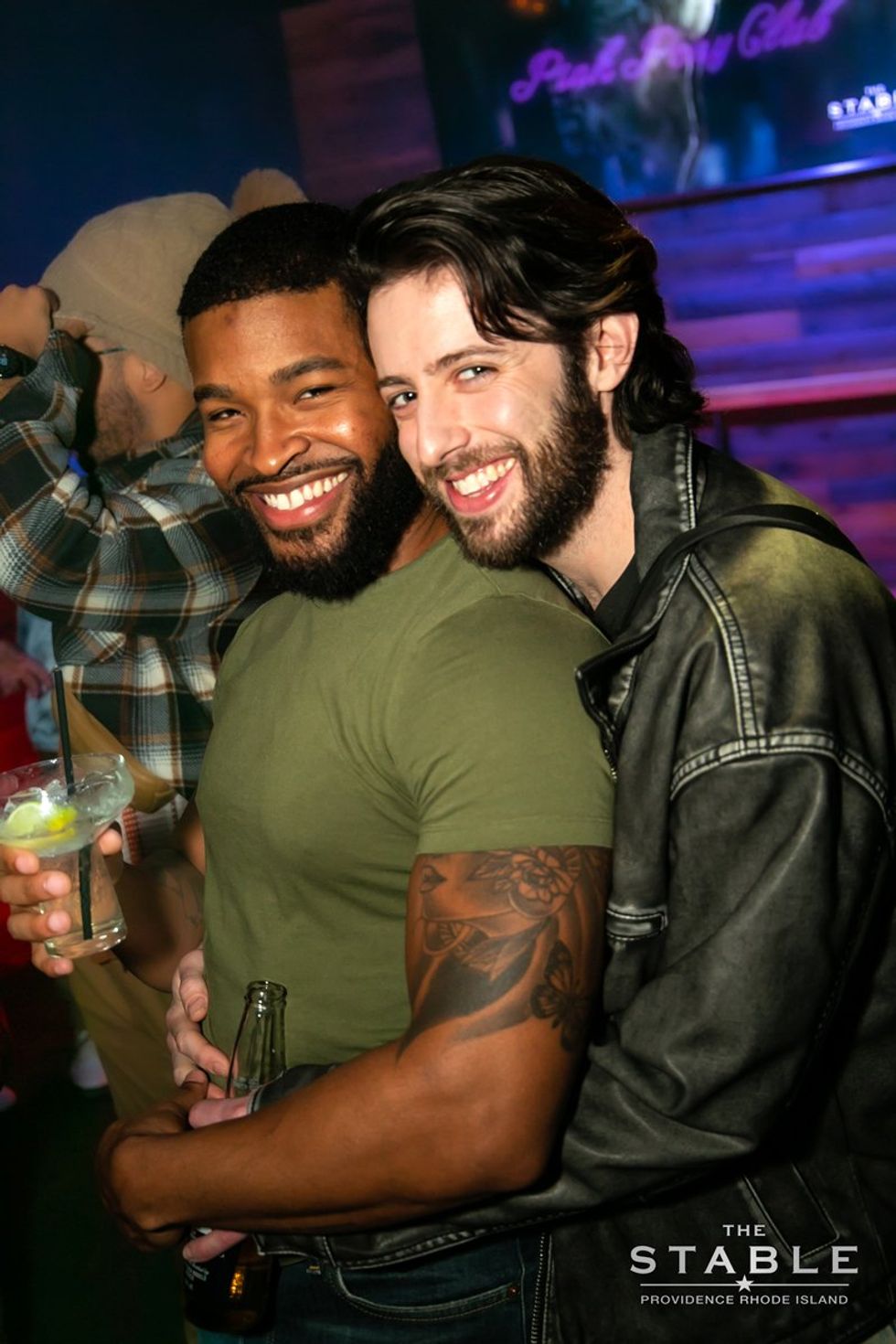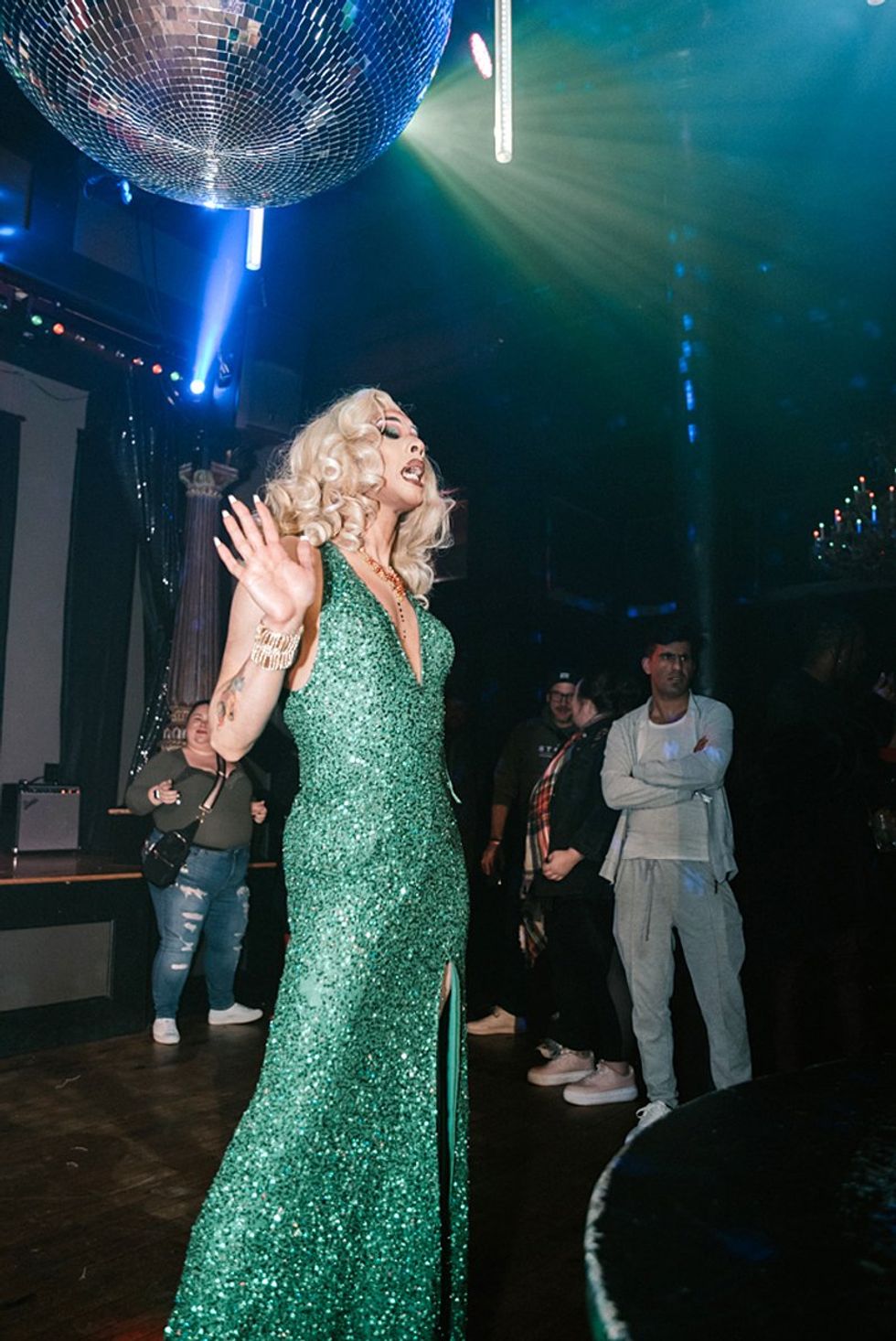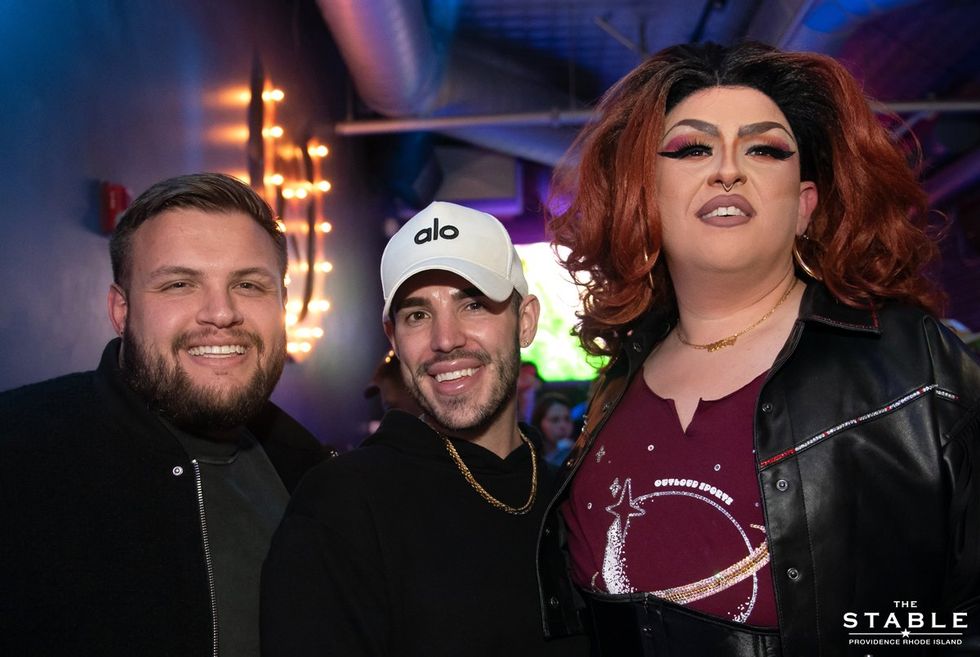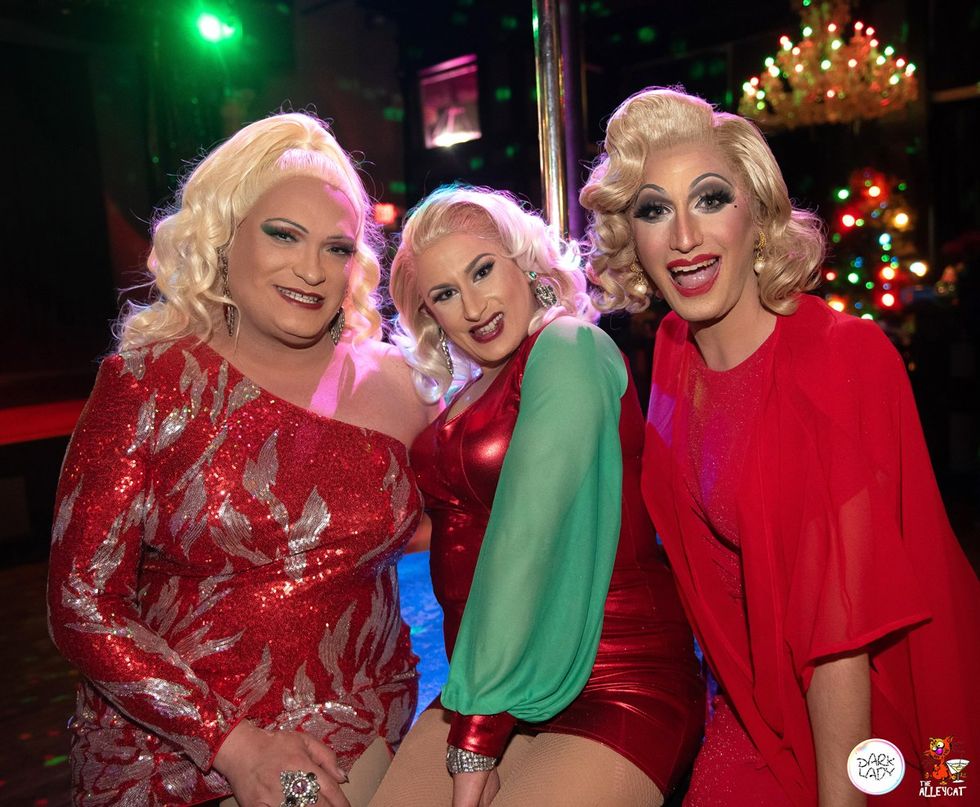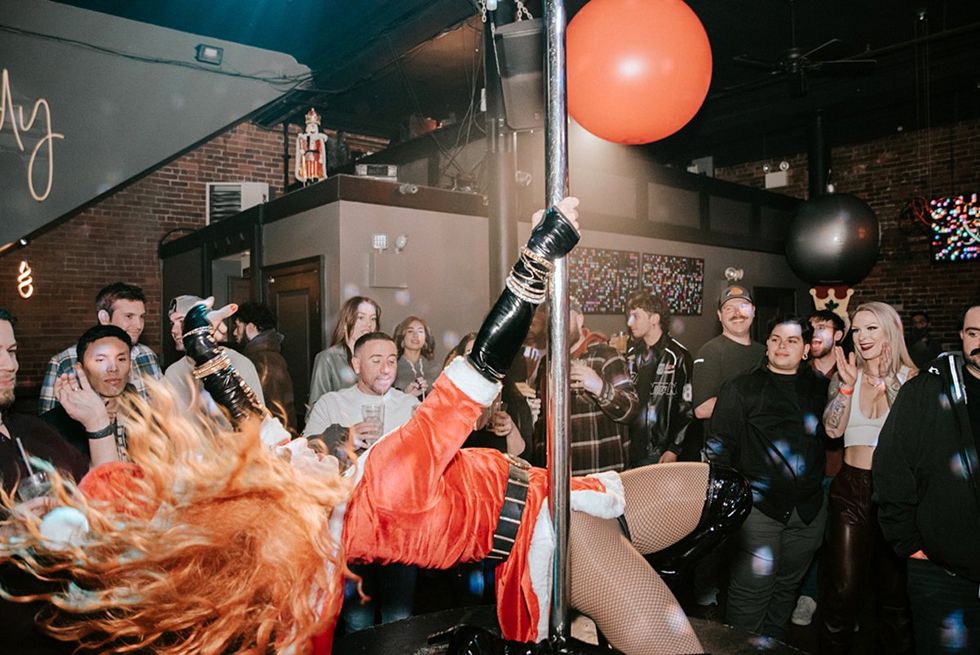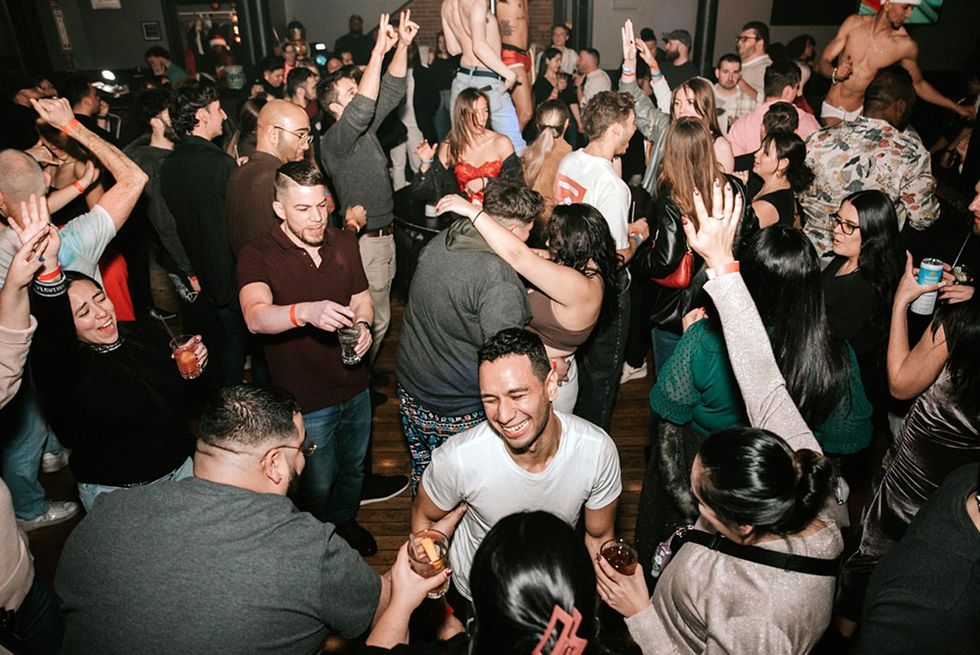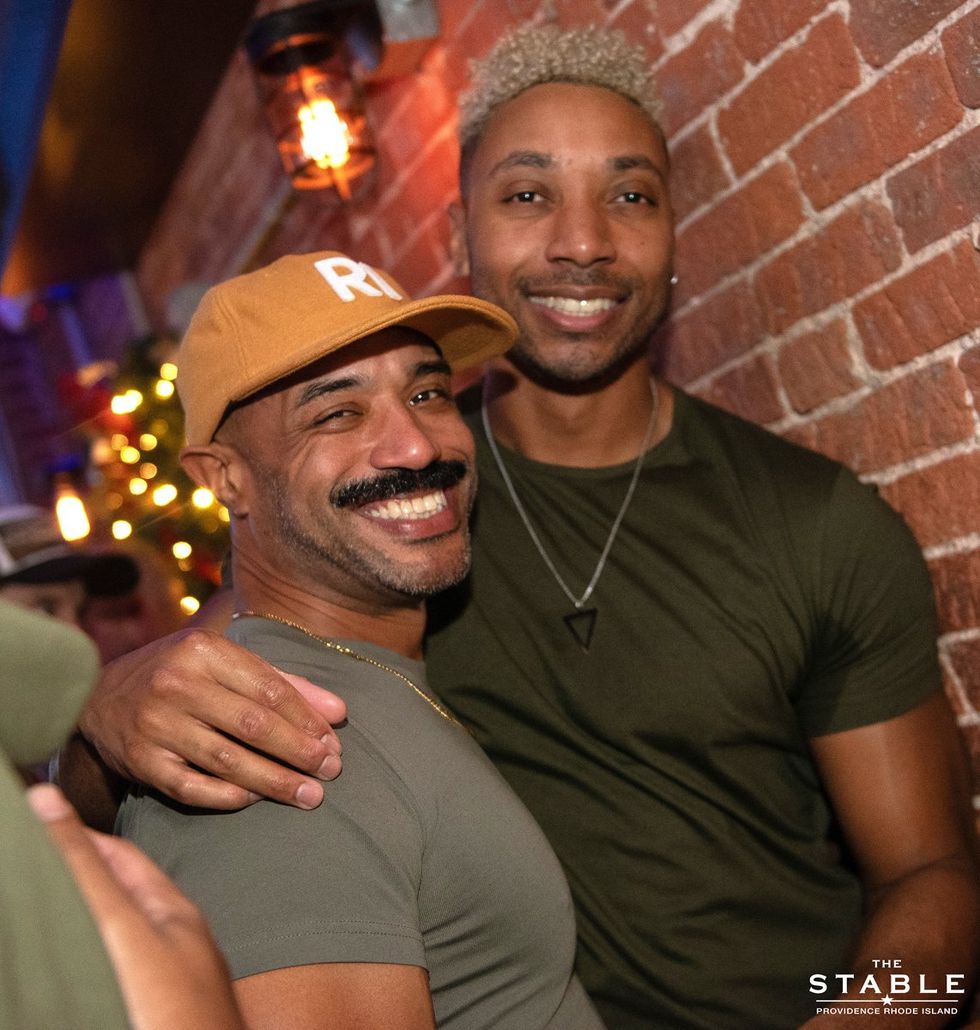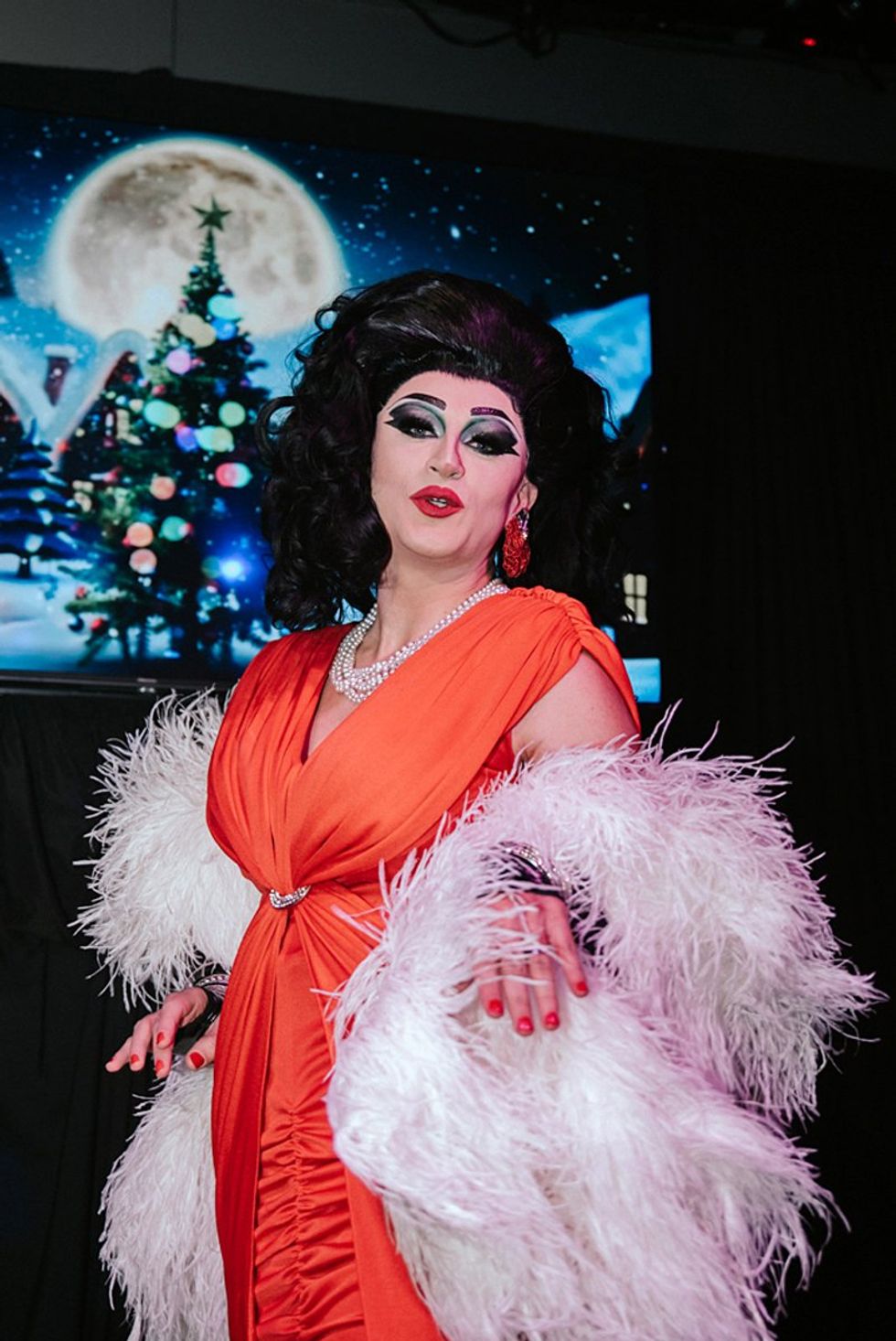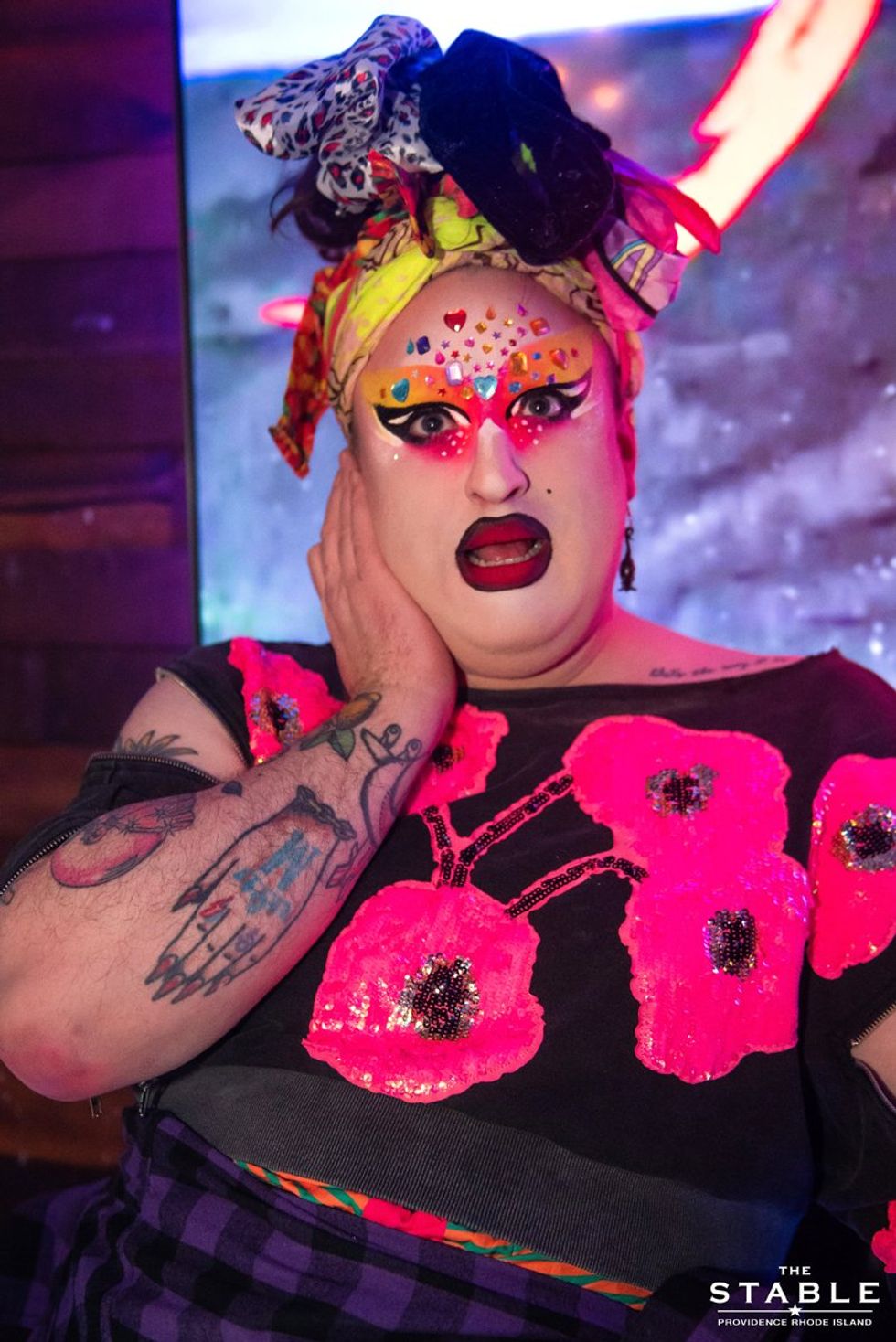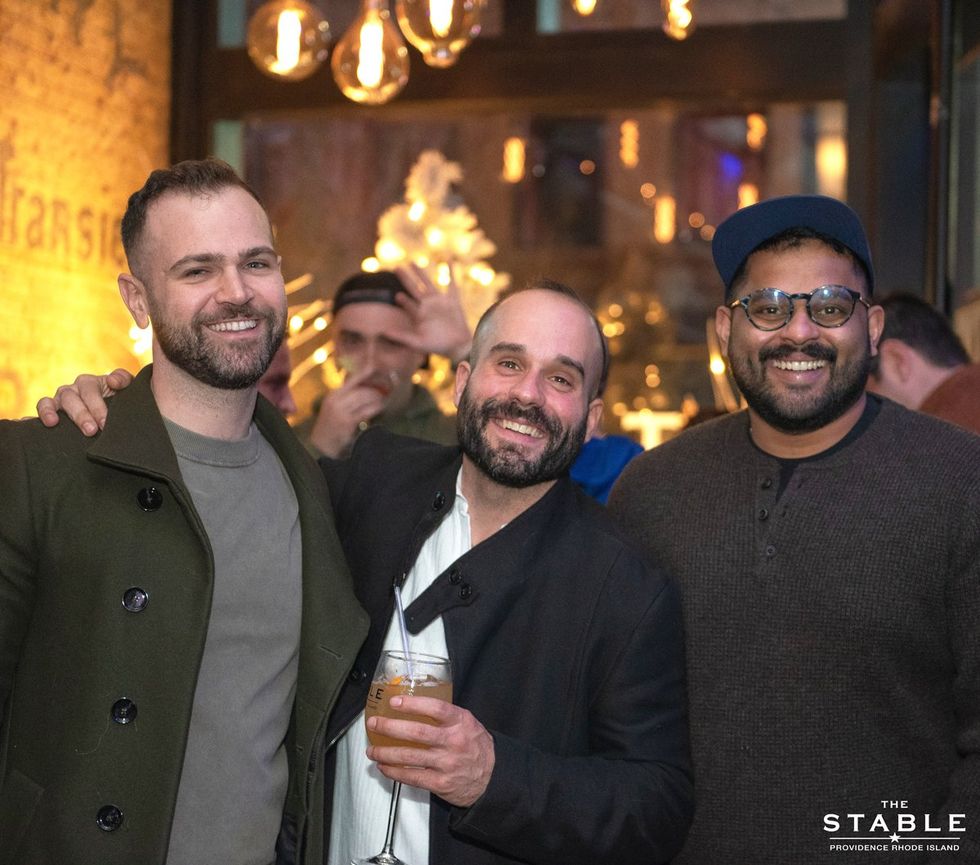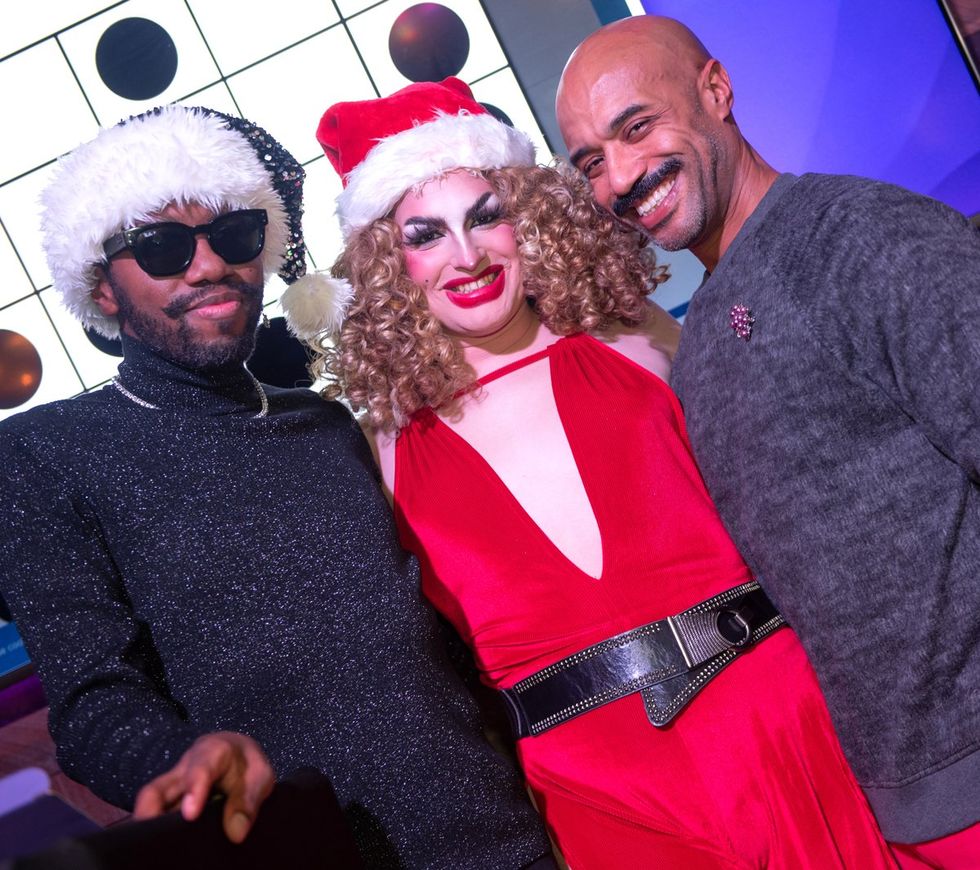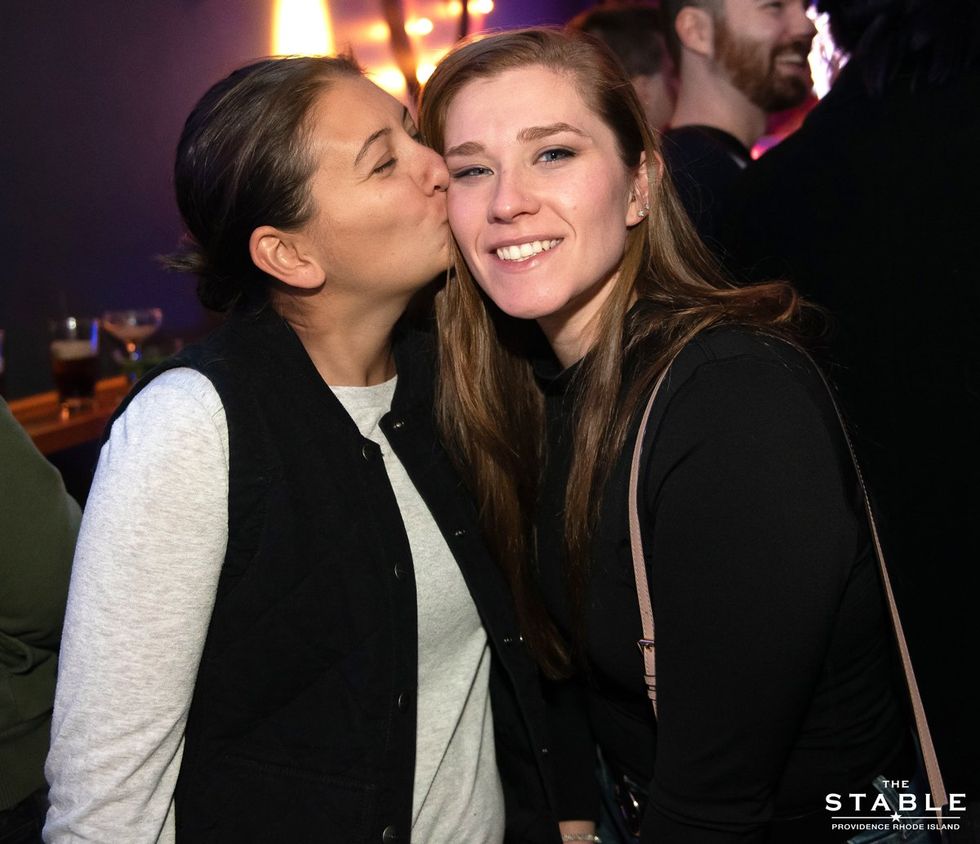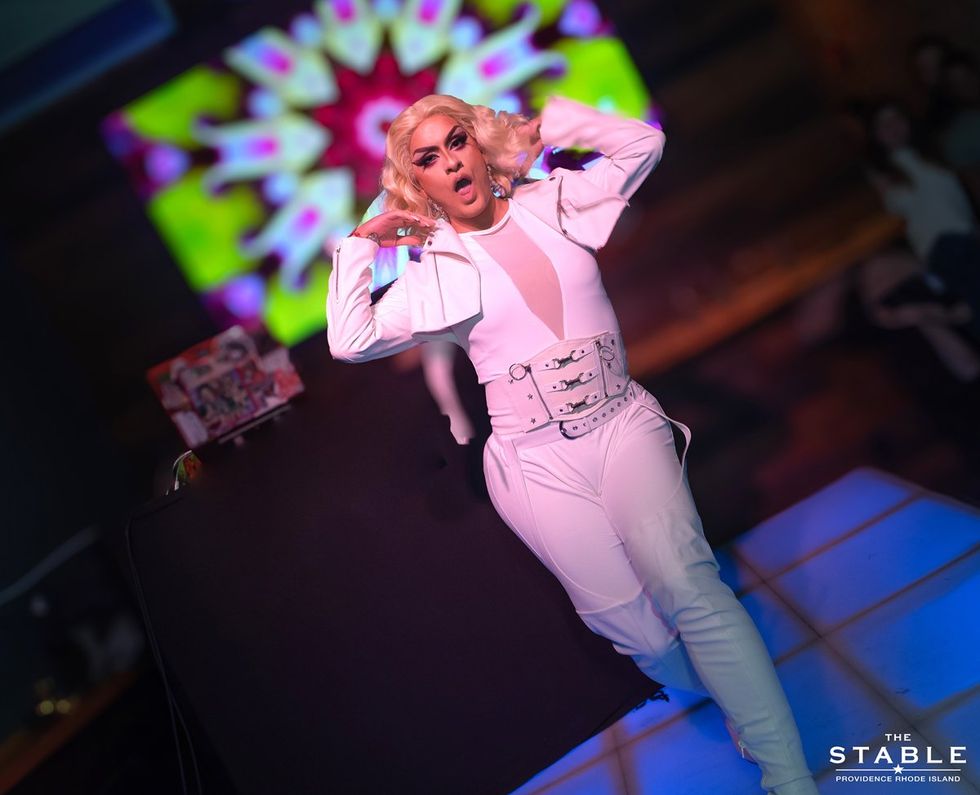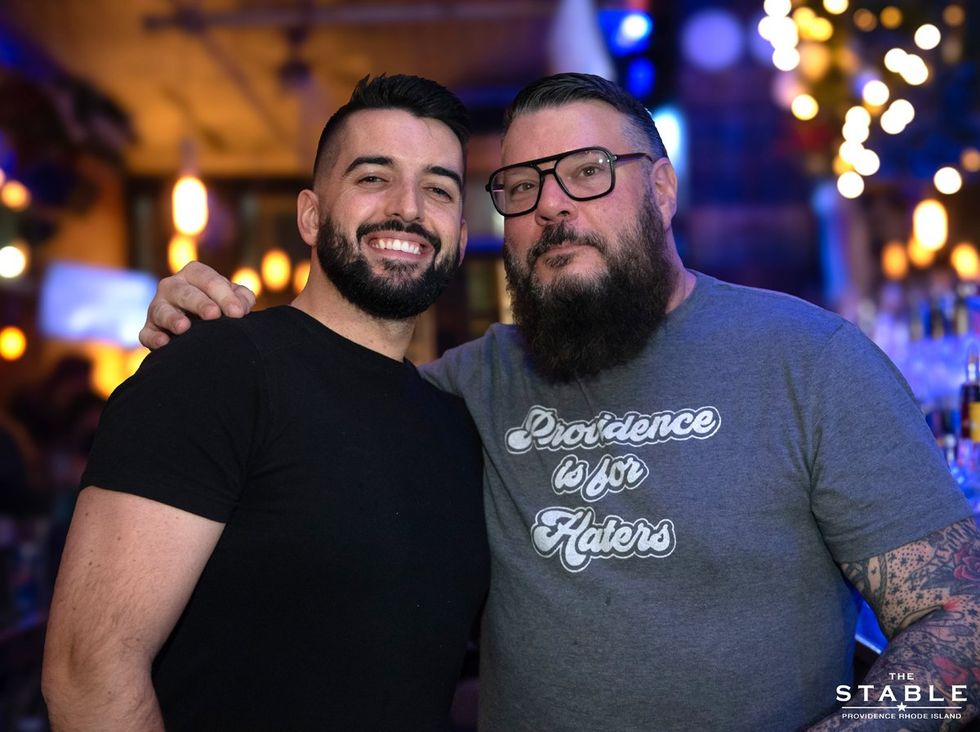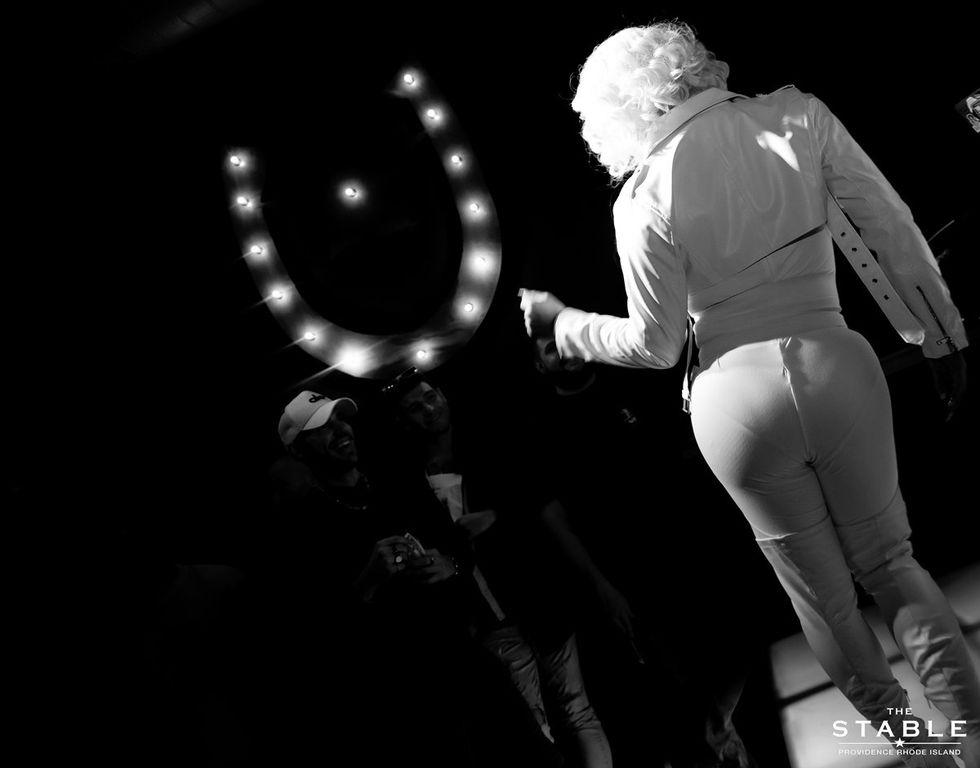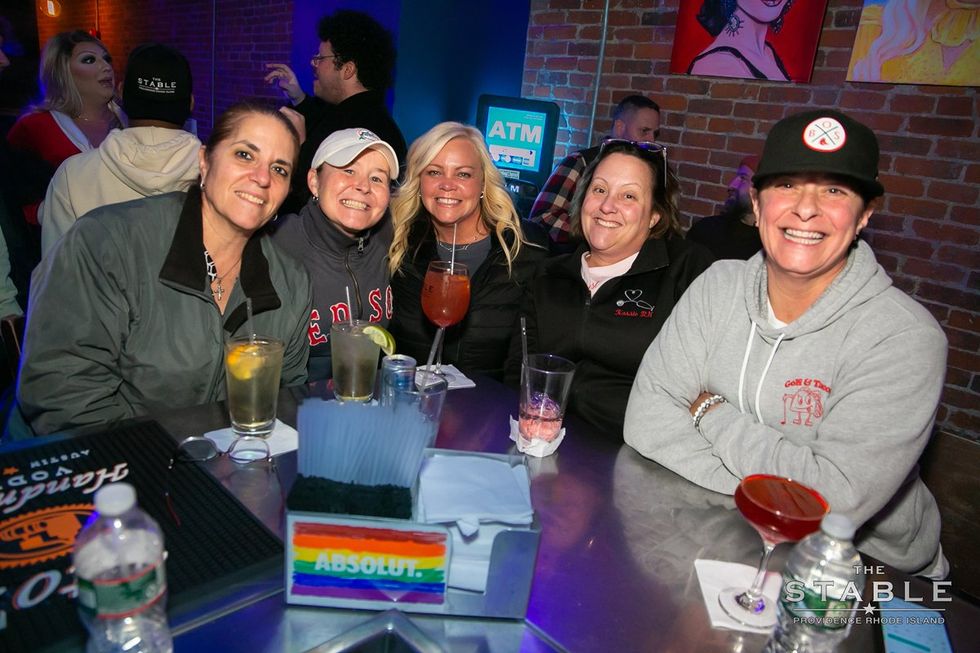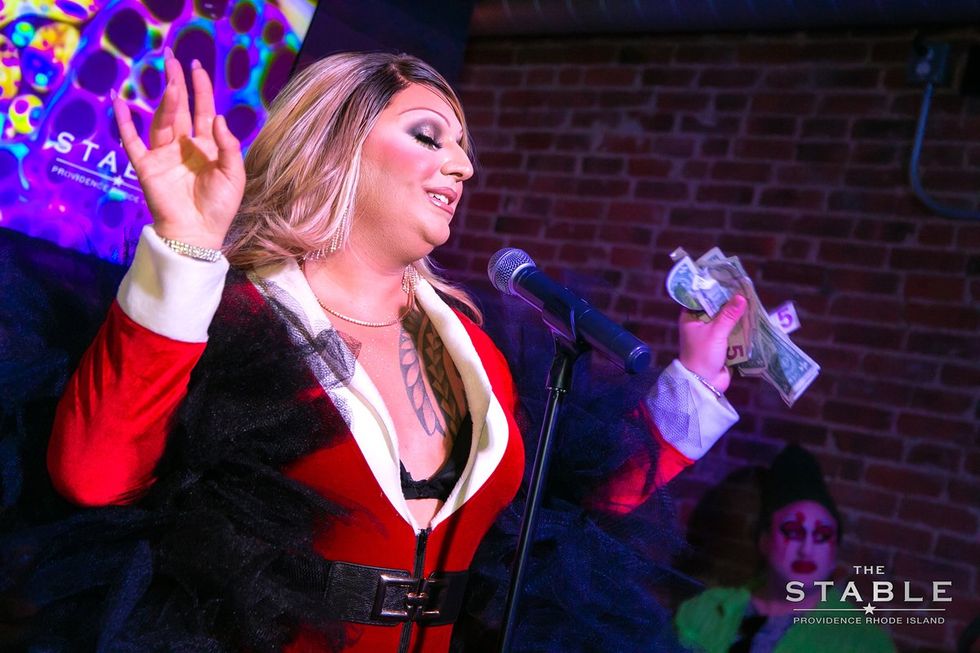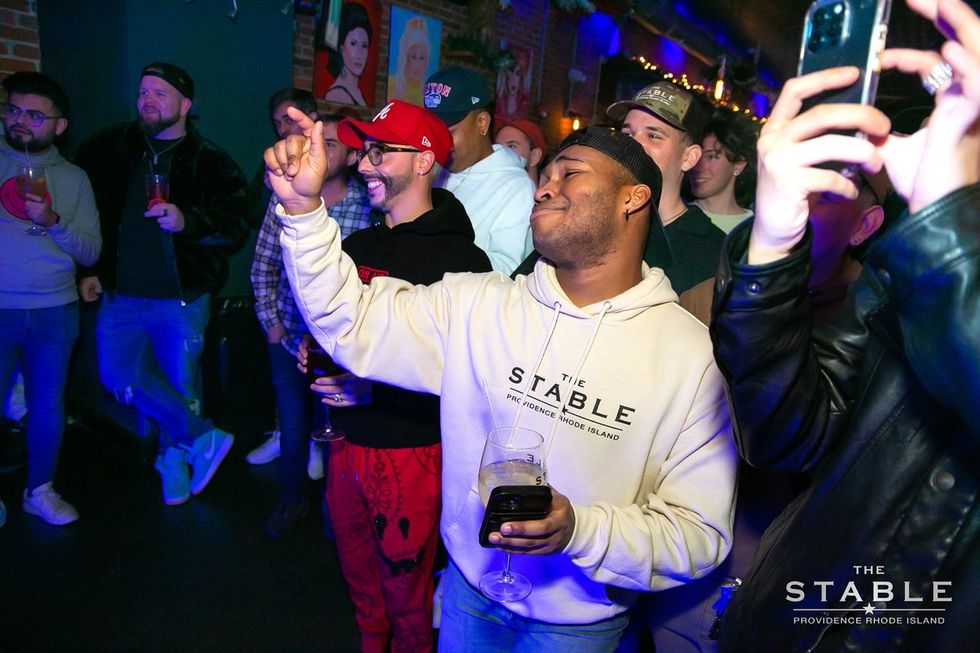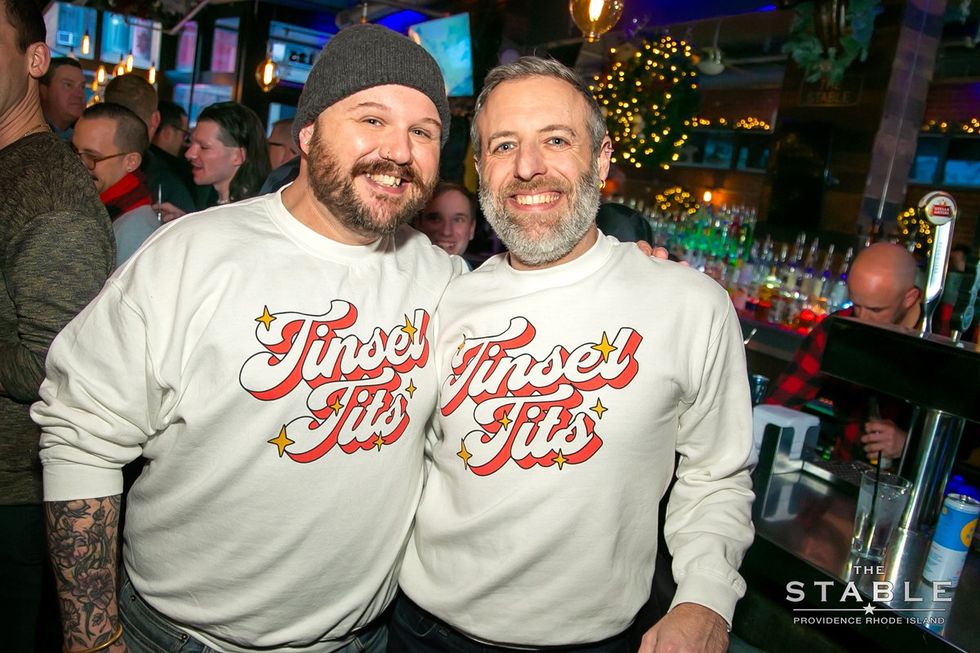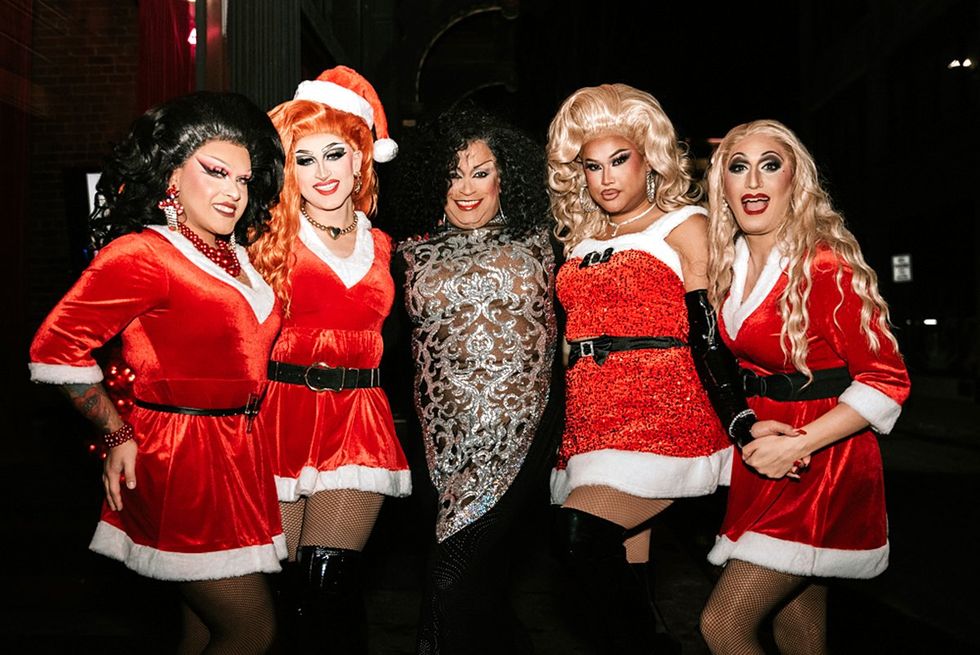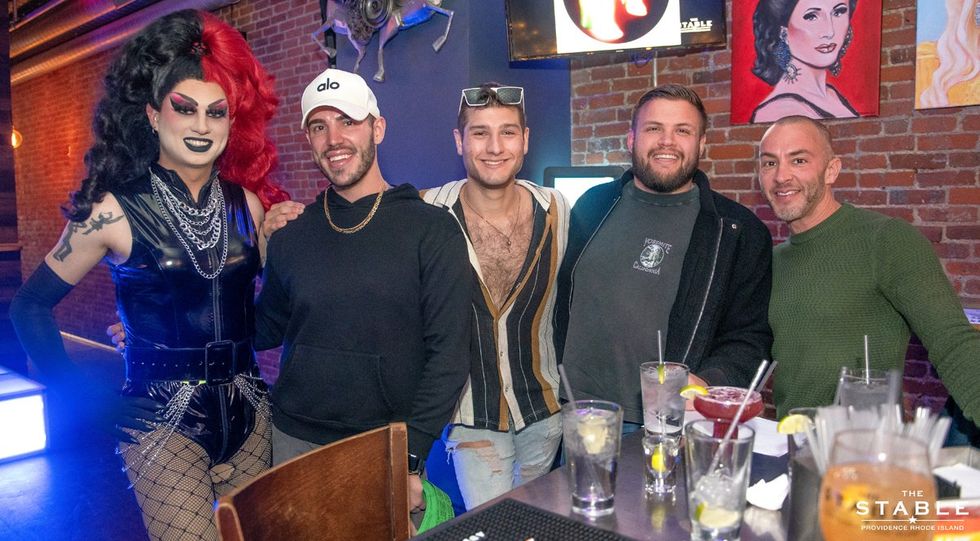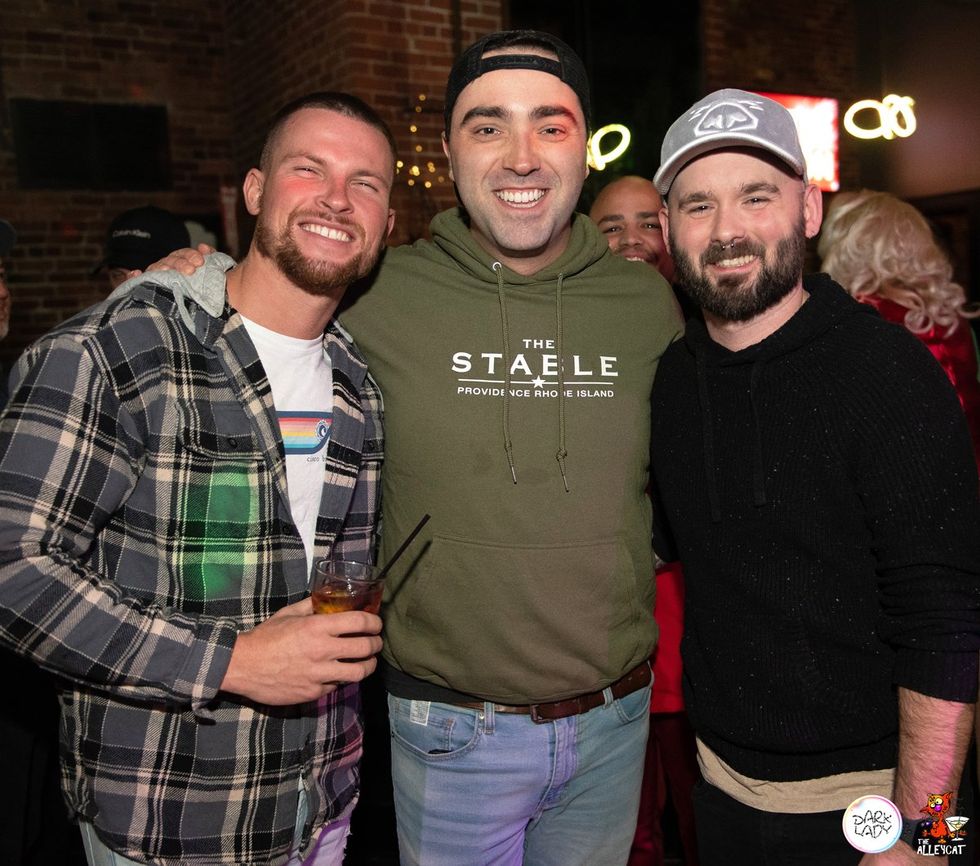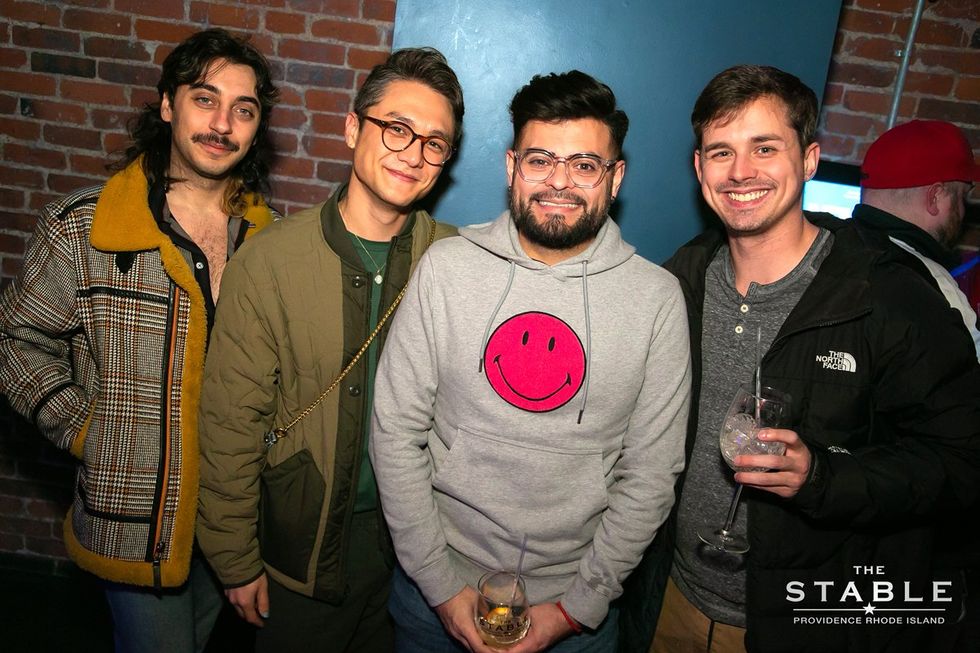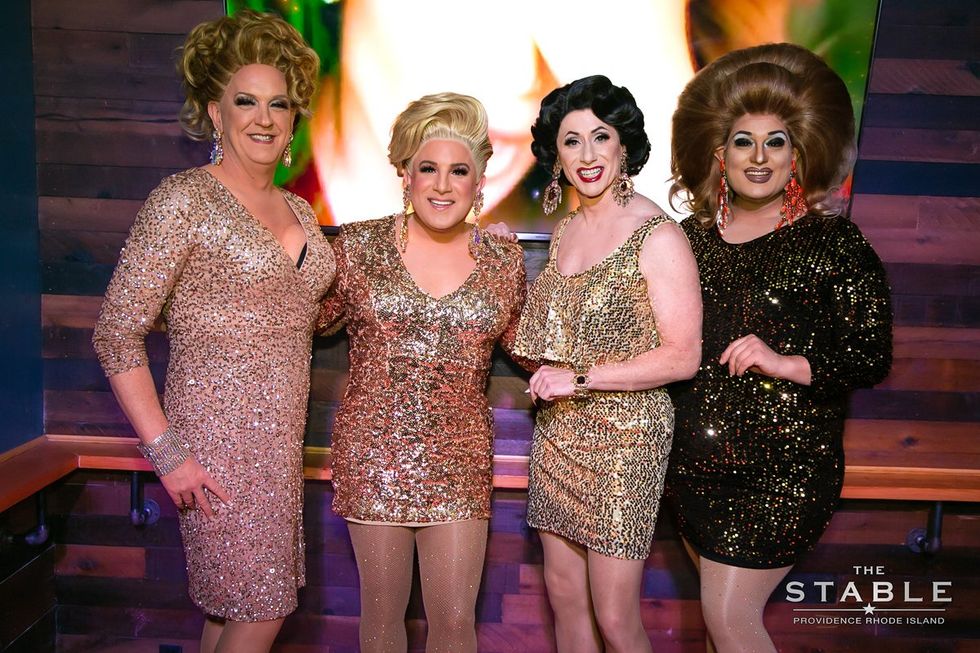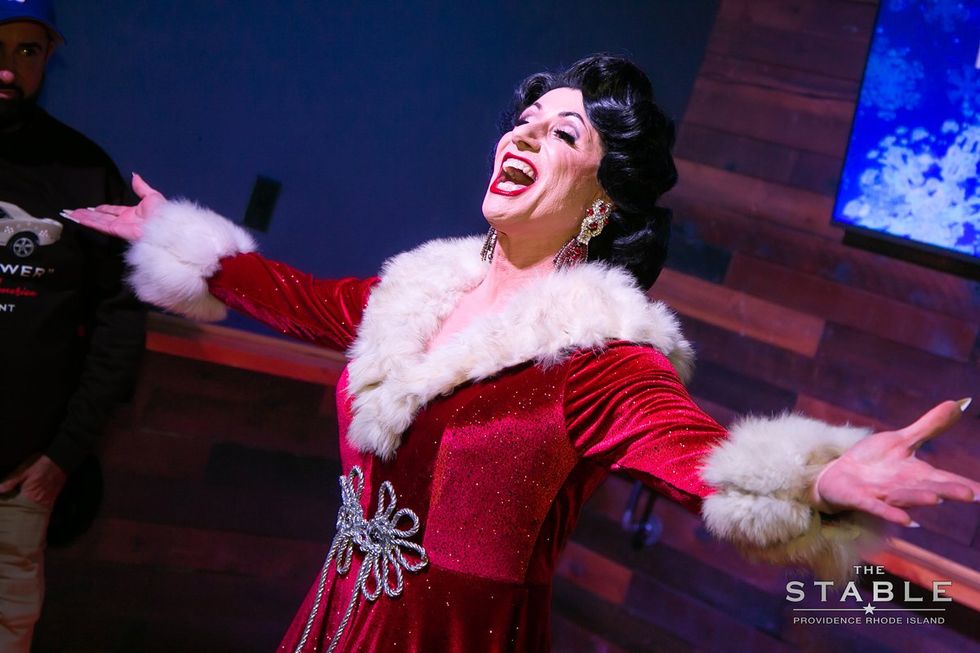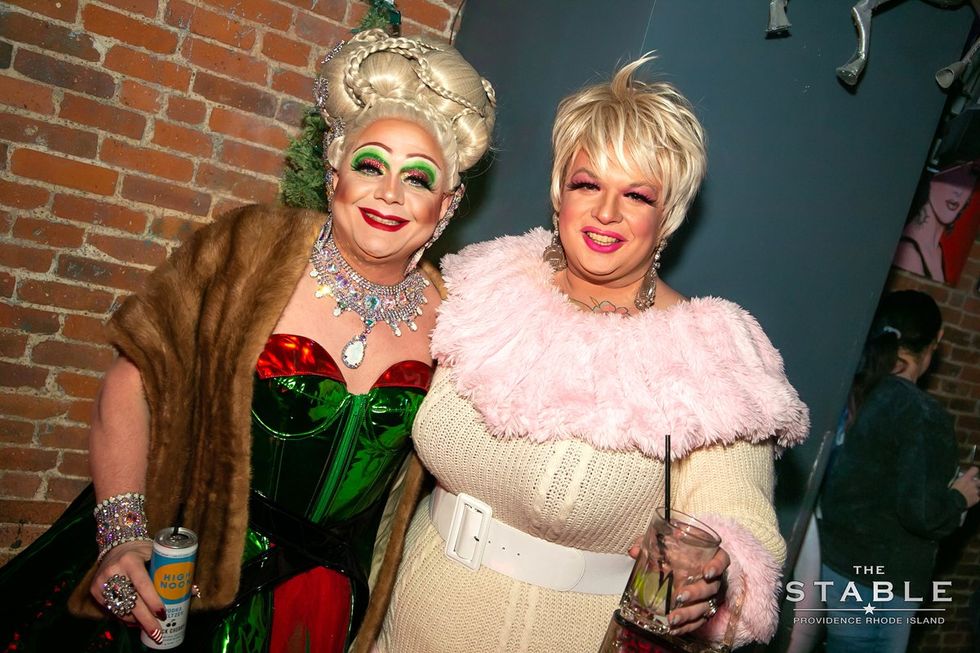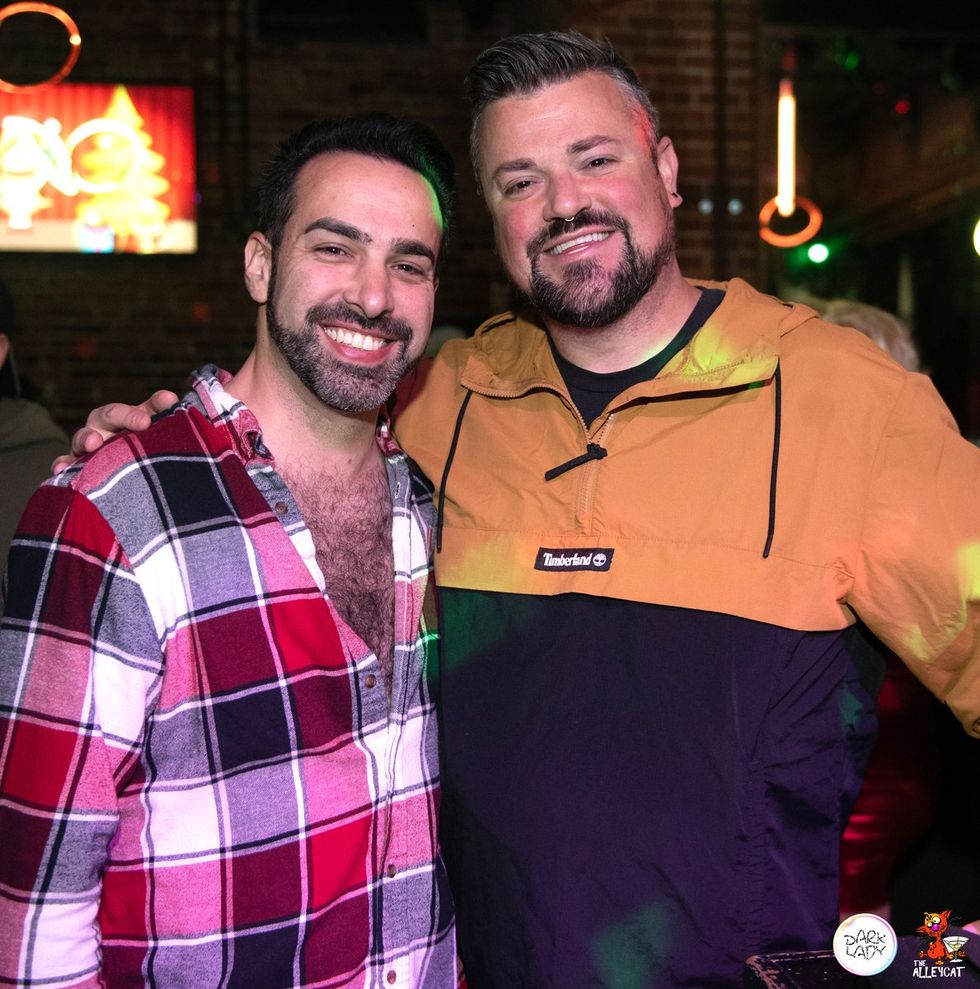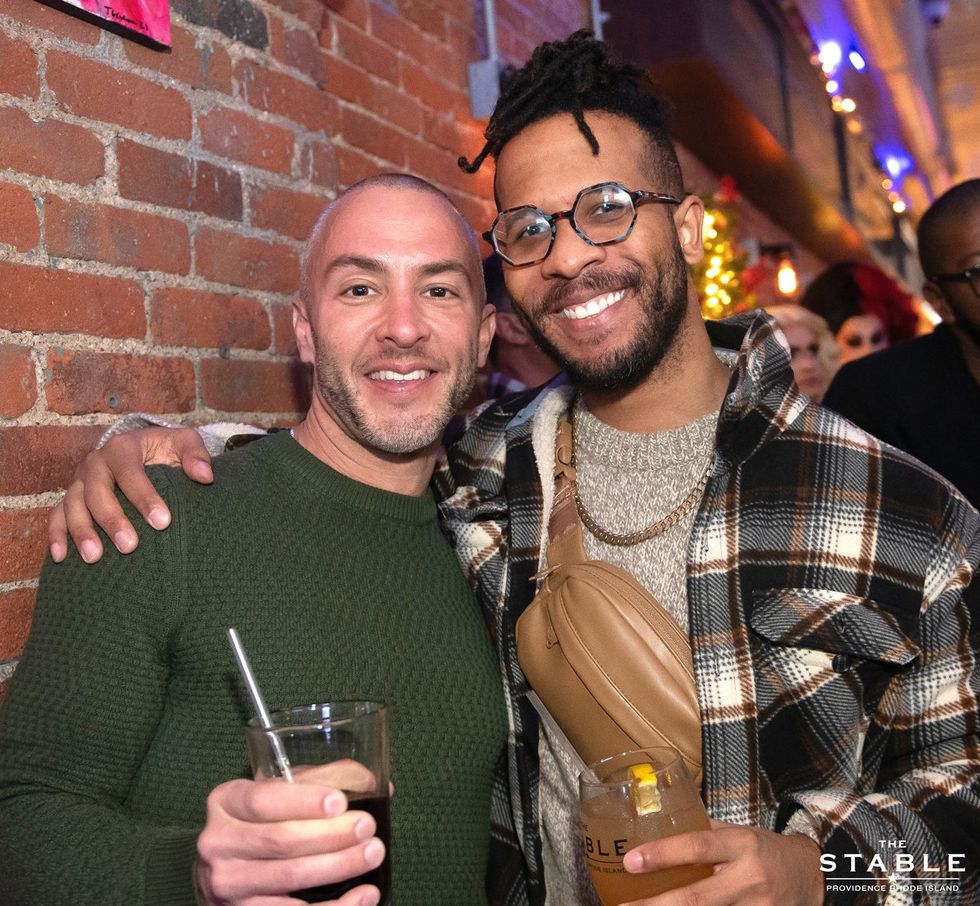Unlike so many readers, I'm not stressing about Thanksgiving.
Between my siblings moving between Turkey Day and Black Friday and my mother maintaining her peace after a very long year, I'm most thankful for takeout and a few days off work.
But I also know only a few are lucky.
Thanksgiving is a time to reconnect with family and friends and give thanks for the things we have. But this holiday season may feel slightly different, thanks to the latest election. Admittedly, I was as surprised by the results as the number of folks in my network who favored Donald Trump. I couldn't imagine how the same people who voted for him, the man at the head of an anti-trans party, could count me as a Black trans woman among those they knew so fondly.
How do I break bread at a table with those who vote against my best interests?
There's something undeniably electrifying about sitting down with someone like Brit Barron, partly because it was only a week after the election results. Concern and confusion were still settling when I spoke to the writer, speaker, and self-professed advocate. Barron makes you feel like saving the world starts at your dinner table in an increasingly polarized world.
And given the topic of our conversation, that feels like a necessary superpower.

"Depolarization," she says with conviction, "Is going to be some of our most important work moving forward." It's not a casual statement; it's the kind of thesis that feels at home in one of her workshops or keynote speeches. But with Barron, it's clear she's not just practicing for a word. She lives and breathes this philosophy.
And lucky for us, she's got the receipts to back it up.
From Evangelical Roots to Radical Empathy
To understand Barron's current mission, you must start with her past. It's a kaleidoscope of identities and experiences that she refuses to distance herself from. "I grew up super religious," she shares. "Very conservative, evangelical Christian. That's informed a lot of the work I do now, even though I'm on the opposing end."
Barron doesn't just skim over her history but embraces it as a crucial part of her story. Coming out, marrying her wife, and existing as a queer woman of color have all shaped her work. "I know what it's like to buy into a message, to be indoctrinated, and to now stand on the other side," she explains. She's not interested in shaming the person she used to be. Instead, she uses that understanding to approach others with radical empathy.
"Sometimes, as progressives, we forget what it was like before we know what we know now," she affirms. "I call it progressive amnesia. We lose sight of our journeys and how we evolved, making it harder to invite others into that evolution."
A Balancing Act in Bridging and Bonding
Barron's work often circles back to one central question: How do we connect with people who don't share our beliefs?
She recalls the sociological framework of "bonding circles" and "bridging circles," which are vital for a balanced life. Bonding circles are the safe spaces where we exhale and feel seen. Bridging circles, on the other hand, challenge us to engage in tough conversations.
"You can't live fully in either," she insists. "If you're always in a bonding circle, you're never challenged. If you're always in a bridging circle, you'll burn out. You need both."
For Barron, these circles are as theoretical as they are personal. Existing at the intersection of racial, sexual, religious, and political identities, Brit knows what it's like to feel like you don't fully belong. Her advice? "Find the spaces where you can breathe deeply and the spaces where you can grow. And if you're missing one, go seek it out."
So…Do You Still Talk to Grandma?
With the holidays approaching, Barron's wisdom feels especially relevant. Her latest book, Do You Still Talk to Grandma?, explores the complexities of maintaining relationships across political divides. The title itself was inspired by a friend's dinner-table anecdote about a beloved grandmother who happened to vote for Trump.

"Can you hold deep love and deep disappointment at the same time?" Barron asks, her voice equal parts earnest and inquisitive. "Can you maintain your own integrity and still have relationships with people you disagree with?"
Her answer, of course, is yes…but it's not easy.
Barron offers this mantra for those dreading holiday conversations: "More than one thing can be true." She explains, "This person picked me up from school and made me spaghetti when I was sick. And this person also voted in a way I find hurtful. Both can be true, and we can sit with that tension."
From Cancel Culture to Connection
Barron's work pushes back against the extremes of cancel culture, which she views as a dead-end road. "What's on the other side of culture culture?" she asks. "How do we move forward in a way that actually gets us where we want to go?"
Her approach isn't about sweeping disagreements under the rug but leaning into them with curiosity and courage. She acknowledges that social media, with its penchant for amplifying the most extreme versions of people, doesn't make this any easier. "We consume these stories, and then we convince ourselves that everyone we know is the most extreme version of the thing we just saw online," she says. Her solution? Step away from the noise and engage with the real, flawed, multifaceted humans in your life.
A Reminder for the Rest of Us this Holiday Season and Beyond
I asked Barron what she hopes readers will take away from her story as they sit at the Thanksgiving table and beyond. "I hope people feel empowered to decide what their 'work' looks like," she says. "It doesn't have to look like your neighbor's work or the person in your newsfeed. It just has to feel true to you."
Whether that means diving headfirst into tough conversations, skipping the family gathering entirely, or something in between, Barron's message is clear: Bridging divides starts with each of us in the places where we are most uncomfortable and most loved.

These next few years will be increasingly challenging as politicians and pundits continue to thrive in a division between the "us" versus "them" rhetoric. However, the real revolution will not be in the streets or on social media but in sitting at the table.
An act so simple—yet so complicated—as staying there, holding space, and discussing how we build a shared community and world with a common destiny.
Voices is dedicated to featuring a wide range of inspiring personal stories and impactful opinions from the LGBTQ+ community and its allies. Visit out.com/submit to learn more about submission guidelines. We welcome your thoughts and feedback on any of our stories. Email us at voices@equalpride.com. Views expressed in Voices stories are those of the guest writers, columnists and editors, and do not directly represent the views of Out or our parent company, equalpride.















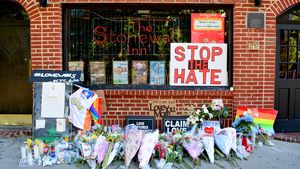








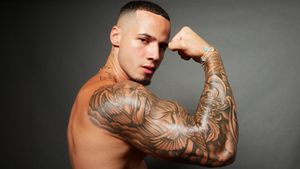
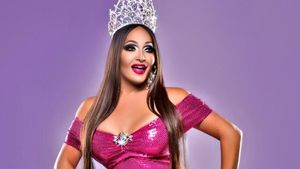
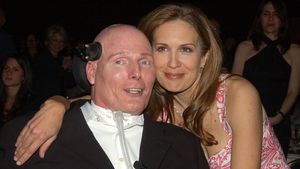































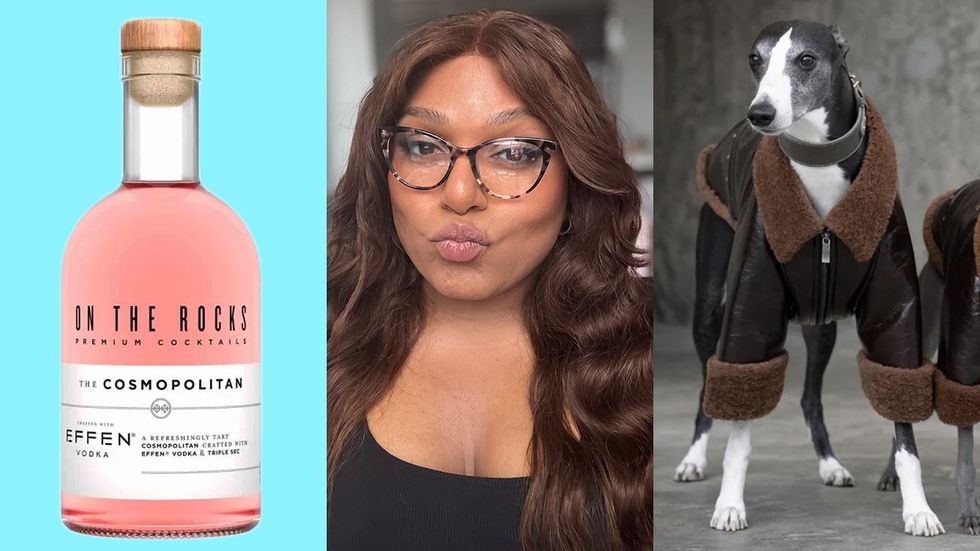







 40 Stunning Snaps of Providence's Queer Scene Sleighing the Holidays!Images Courtesy: Jen Bonin @jen_bonin_pvd; Ryan Welch @rywelchy; Andre Duran @andreduranphoto
40 Stunning Snaps of Providence's Queer Scene Sleighing the Holidays!Images Courtesy: Jen Bonin @jen_bonin_pvd; Ryan Welch @rywelchy; Andre Duran @andreduranphoto